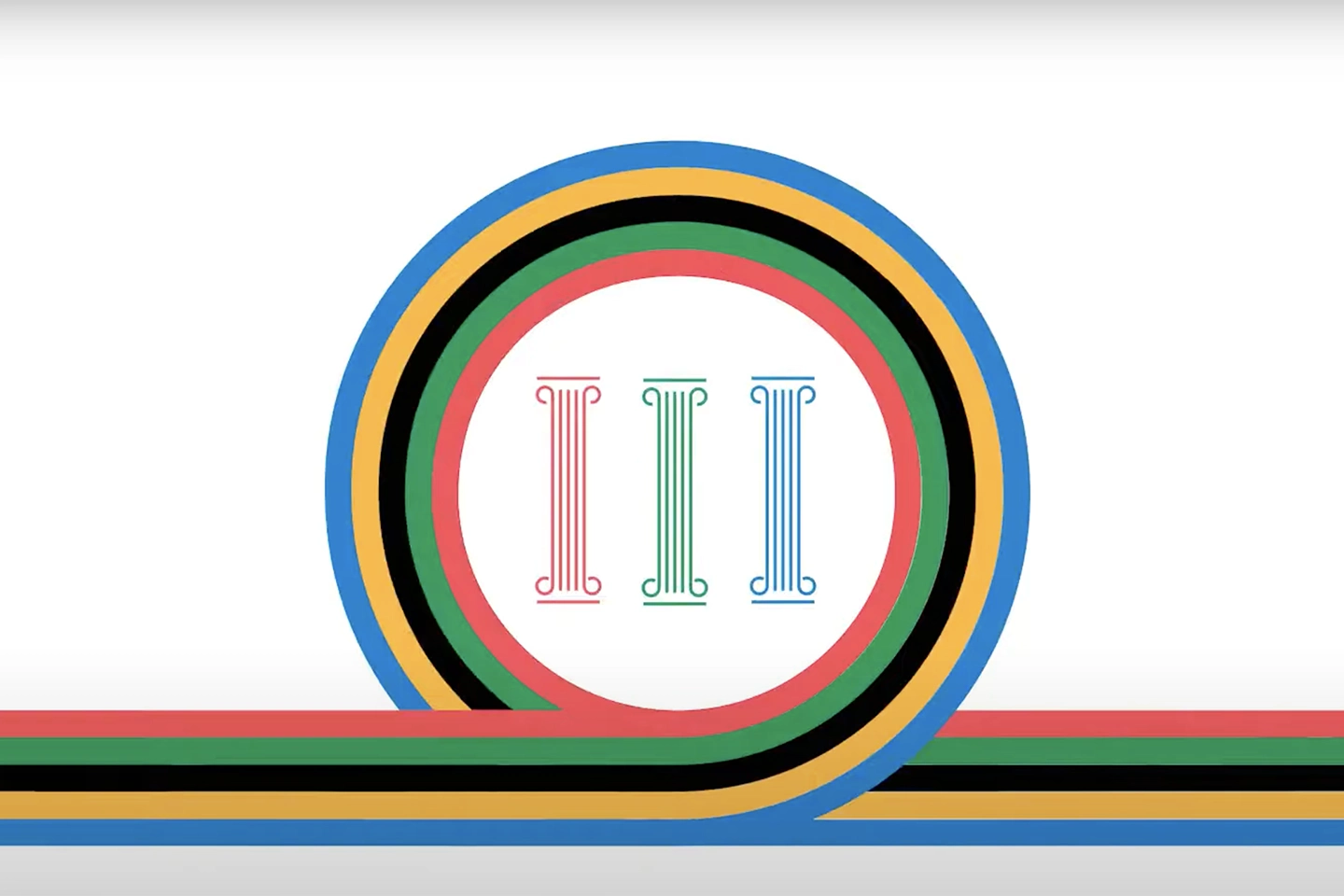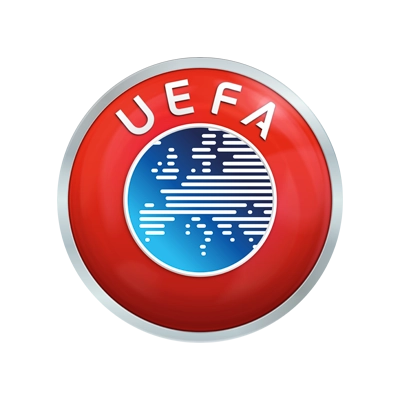The South American Football Confederation (CONMEBOL) was founded in 1916. Currently comprised of ten member associations, it is responsible for the organization and governance of the major international South American football tournaments, including the Copa América, the Copa Libertadores de América, Copa Sudamericana and the CONMEBOL Recopa, among others.
Graciela Garay has been the Director of Ethics, Compliance, and Integrity at CONMEBOL since 2016, where she has been spearheading the ongoing process of strengthening transparency and integrity in regional soccer through the design of the organization's Compliance and Integrity Program.
In the following interview, she discusses the situation of sports competition manipulation in Latin America, some of the challenges faced, and ways that CONMEBOL supports its members, including by becoming a ULIS partner.

What is the current status of sports competition manipulation in Latin America?
While match manipulation remains a relatively low-frequency phenomenon in South America compared to the volume of competitions, its impact is deeply harmful. According to data from Sportradar, over 200 suspicious matches were identified in South America in 2024, primarily in lower-tier leagues or competitions without rigorous monitoring mechanisms. However, IBIA identified only 15 suspicious matches in the region during the same period – highlighting the role that effective regulation and early detection play in prevention.
This duality shows that although the phenomenon is not yet widespread, there are structural vulnerabilities, especially in competitions with lower visibility or control mechanisms – where the threat can develop if not properly addressed.
What are some of the challenges for authorities in tackling these issues in your region?
Some key challenges include:
- Legal limitations: In several countries across South America, there is still no specific legislation criminalizing match manipulation. In addition, the creation of national platforms is still pending or progressing slowly.
- Limited cooperation: Effective cooperation between public institutions, betting regulators and sport governing bodies remains underdeveloped.
- Lack of awareness: Lack of understanding persists regarding the mechanisms of match-fixing and their links to organized crime.
How does CONMEBOL help fight this global phenomenon and support its members?
Over the past year, CONMEBOL has developed and implemented a comprehensive Integrity Programme built on three strategic pillars: education, monitoring, and case follow-up.
This programme is not limited to Member Associations but reaches the entire South American football ecosystem, including clubs, referees, players, technical staff, judicial bodies, and national authorities.
Through strategic partnerships, CONMEBOL delivers tailored training, monitors competitions in real time, and ensures structured case management across the region.
This integrated approach enhances collective prevention capabilities and strengthens institutional responses to match-fixing and betting-related threats.
Why did CONMEBOL become a ULIS partner and how does it contribute to ULIS?
CONMEBOL joined ULIS as a strategic move to strengthen international cooperation in the fight against match manipulation. The partnership enhances our capacity to:
- Access alerts and intelligence involving Latin American teams and competitions, including those flagged by jurisdictions outside the region.
- Collaborate on complex cross-border investigations with other ULIS members.
- Contribute to global discussions on policy, regulation, and operational best practices in sport integrity.
- Count on the participation of ULIS in our match monitoring group, where their expertise brings added value to the regional integrity strategy.
About
Media inquiries
Legal notice
This pop-up contains legal information about this website.
This content is the property of the World Lottery Association (WLA). It may not be transferred
from the custody or control of the WLA except as authorized in writing by an officer of the WLA.
Neither this document, nor the information it contains, may be used, transferred, reproduced,
published, or disclosed, in whole or in part, either directly or indirectly, except as expressly
authorized by an officer of the WLA, pursuant to written agreement.
The WLA Website has been designed to provide information to the lottery community. The World Lottery Association has used great efforts to provide accurate and up-to-date information. However, WLA excludes any warranty, whether express or implied, for any information provided under these pages. WLA cannot be held responsible for any action taken that is based on the information hereunder.
The WLA Website also contains third party information. Such information is, wherever practically possible, marked with the name of the source and does not necessarily represent the opinion of the World Lottery Association. WLA does not take any responsibility whatsoever for such third party information.
The WLA Website also contains links to other Internet sites. WLA does not have any knowledge of the information contained in such other sites, nor has WLA been able to include such other sites in its efforts to provide accurate information. WLA therefore does not take any responsibility whatsoever for such third party information.
All rights reserved except where indicated.













